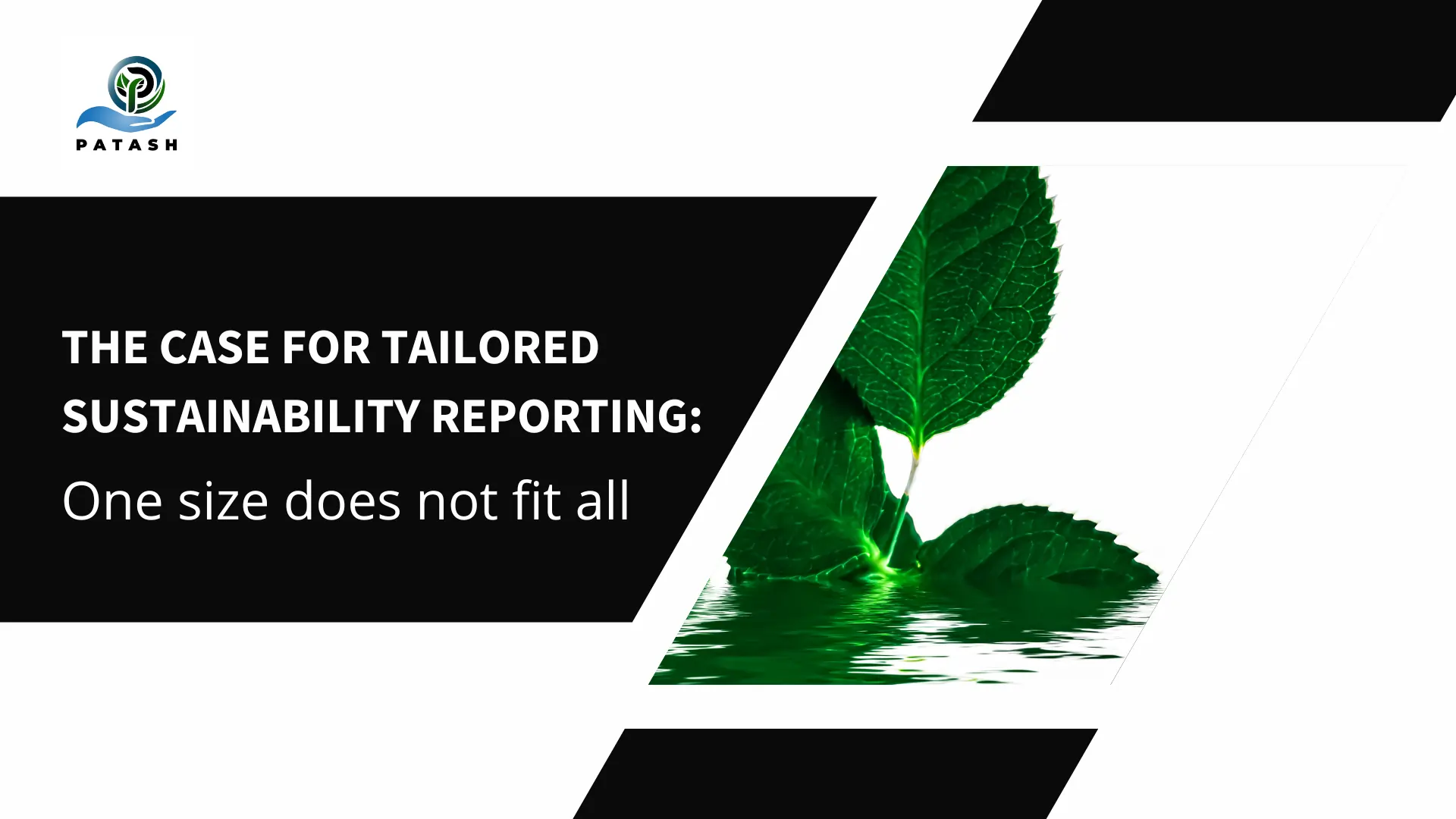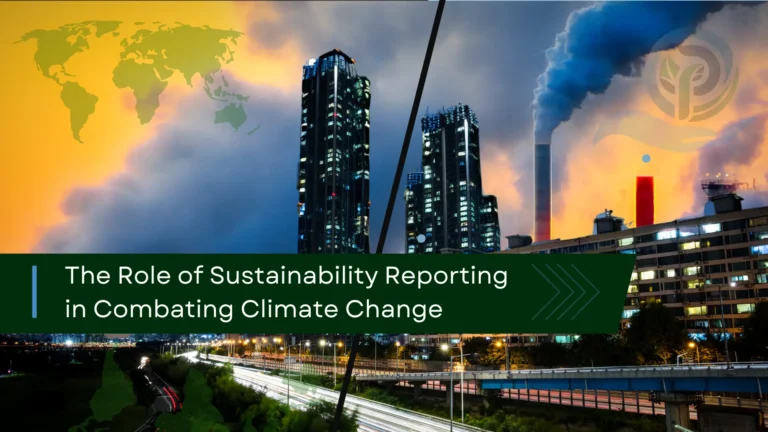In the ongoing conversation about the business case for sustainability reporting, it’s essential to recognise that a universal approach may not be effective. Different businesses face unique challenges and opportunities, meaning the benefits of sustainability reporting vary significantly across contexts. Here, I explore five key advantages of sustainability reporting while highlighting why a tailored approach is crucial.
five key advantages of sustainability reporting while highlighting why a tailored approach is crucial
Cost Reduction and Operational Efficiency
One of the primary arguments that favour sustainability reporting is its potential for cost reduction through improved operational efficiency. By understanding their energy consumption, waste generation, and overall costs better, companies can implement measures to reduce energy use and cut expenses. However, this benefit may not resonate with all organisations—especially those lacking the initial capital needed for significant changes like solar panel installations. For some businesses, particularly smaller ones or those in developing countries, the upfront investment required may overshadow potential savings.

Cost Reduction and Operational Efficiency
Another commonly cited benefit is risk management; sustainability reporting can help companies identify regulatory compliance risks and other challenges they might face. Yet in areas where regulations are less stringent or poorly enforced—often seen in developing countries—businesses might not prioritise compliance as a critical issue. Consequently, they may remain unconvinced by this aspect of sustainability reporting’s value proposition.
Driving Innovation and Market Opportunities
Sustainability reporting has been praised for fostering innovation and opening new market opportunities. While larger firms often find this argument compelling due to their capacity for investment in new technologies or practices, small and medium-sized enterprises (SMEs) frequently operate under different constraints. Many SMEs focus on local markets where price competition prevails rather than exporting products globally; thus, convincing them about innovation benefits tied to sustainability initiatives can be challenging due to concerns over associated costs.
Increasing Customer Loyalty
The appeal of customer loyalty driven by environmentally conscious consumers—particularly among Generation Z—is another touted advantage of sustainability reporting. However, this perspective doesn’t hold as strongly in developing nations where high youth unemployment rates lead young consumers to prioritise affordability over environmental impact when making purchasing decisions.
Attracting Capital Investments
There is also an argument that adopting sustainable practices through proper reporting attracts capital investments—a compelling point for many businesses looking to grow financially. Nevertheless, SMEs in developing countries often struggle with limited collateral or borrowing capacity; therefore, persuading them that embracing sustainable practices will enhance their investment prospects remains a tough sell.
Conclusion
In conclusion, it’s clear that when discussing the business case for sustainability reporting across various industries or countries: one size does not fit all! To effectively advocate its adoption globally—and especially within diverse economic contexts—we must customize our messages based on specific circumstances rather than relying on generalised assumptions about its benefits.
Understanding each country’s unique operating environment is crucial if we aim to identify which arguments regarding the advantages of sustainability reporting will resonate most effectively with local businesses we seek to engage.


